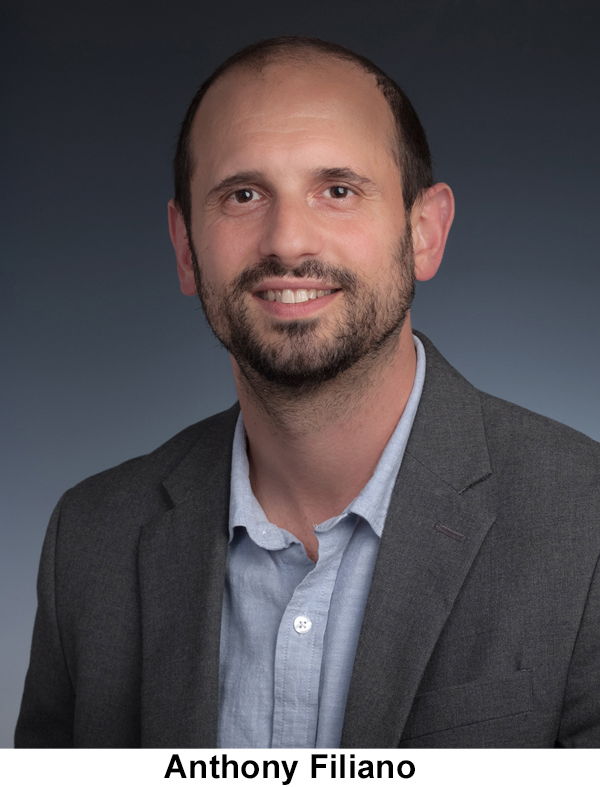CBA Foundation Announces First Research Scholar Award
Recipient's study will examine how cord tissue cells reprogram immunity The Cord Blood Association Foundation has announced the recipient of its first Research Scholar Award.
The award, provided by the CBA subsidiary, encourages young investigators who are pursuing laboratory and clinical studies that advance cord blood and perinatal tissue therapies or regenerative medicine. The $25,000 award is renewable for a second year. “In our preliminary data, we uncovered a novel mechanism whereby mesenchymal stromal cells (MSCs), derived from umbilical cord tissue, reprogrammed macrophages of the immune system,” said Dr. Filiano in his application for the award. “Through direct cell-to-cell contact, MSCs transfer information to macrophages using RNA granules. This initiates a downregulation of inflammatory genes in the macrophages, thus suppressing inflammation.” MSCs Influence Immunity MSCs are cells that are readily isolated from human umbilical cord tissue. They influence multiple cells of the immune system and, currently, are being studied in more than 350 clinical trials. When injected into the body, MSCs are rapidly cleared, yet some studies have shown that they can have long-lasting effects. This paradox of rapid clearing and lasting effects likely contributes to the variable success of MSCs in clinical studies to date and is a hurdle for establishing MSCs as a reliable therapeutic option for inflammatory diseases. “We know that macrophages are dysregulated in rheumatoid arthritis, a chronic autoimmune disease of the joints,” Dr. Filiano said. “When reprogrammed, the macrophages appear to maintain their effect, even when MSCs are no longer present. We hypothesize that MSCs can limit the disease progress of rheumatoid arthritis by reprogramming inflammatory macrophages with RNA granules to inhibit inflammation.” Dr. Filiano will test his hypothesis in a mouse model of rheumatoid arthritis to determine if MSCs interact with and reprogram inflammatory macrophages and whether MSC RNA granules are needed to protect against inflammation. “Our study will describe not only a novel cellular mechanism, but also how MSCs might lead to long-term benefits, even after those cells are cleared,” he said. Variety and Quality “The variety and high quality of the proposals submitted for the CBA Foundation’s first Research Scholar Award made the selection process challenging for the judging panel,” said foundation President Kenneth Giacin. To be eligible, applicants had to have completed at least two years of postdoctoral training or be a fellow in training, and be a full-time instructor, assistant professor or equivalent at an academic institution, or a scientist at a biotech company focused on cord blood/cord tissue product manufacturing. Applicants also had to have a senior mentor for research and career development. Dr. Filiano is speaking on “The Role of Cord Blood Monocytes in Modulating Non-Malignant Diseases” on Saturday morning, Sept. 14, at the Cord Blood Connect international congress in Miami Beach. |

 Anthony J. Filiano, PhD, assistant professor at the Marcus Center for Cellular Cures at Duke University, will receive financial assistance for his study of how cells derived from umbilical cord tissue can reprogram immunity and suppress inflammation.
Anthony J. Filiano, PhD, assistant professor at the Marcus Center for Cellular Cures at Duke University, will receive financial assistance for his study of how cells derived from umbilical cord tissue can reprogram immunity and suppress inflammation.